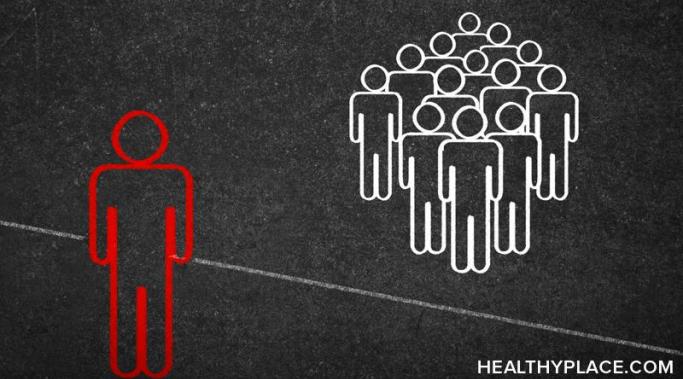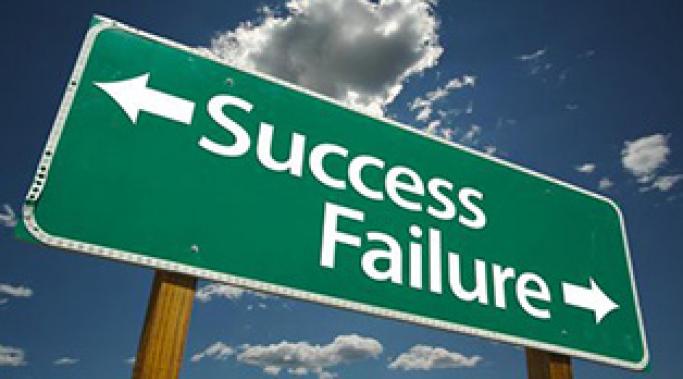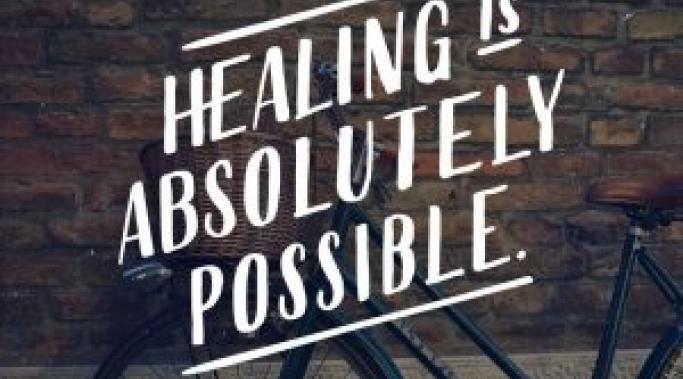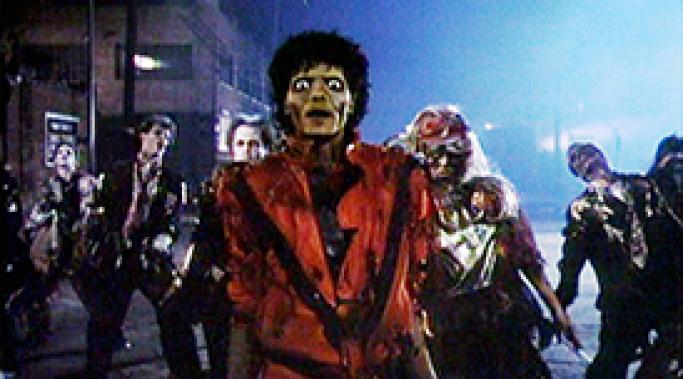The idea of "normal" mental health affects me as someone who struggles with mental illness. I often fall prey to the idea that mental health is something I can only achieve by becoming more like “normal” people. In an age of health coaches and self-help gurus, it can be easy to believe that the ability to conform to a more widely accepted lifestyle is the answer to all mental health problems. Unfortunately, rather than offering a solution, the myth of normal mental health creates more stigma around mental illness.
Stigmatizing Words, Labels
Clickbait can increase mental health stigma. In the fast-paced world of the Internet, where everyone is vying for even a moment of attention, clickbait has become the way to get people to come to your page, even for sensitive matters such as people’s personal stories of mental illness. Unfortunately, sensationalism takes over and stories get warped to where they sometimes don't even reflect reality. In stories of mental illness, sensationalistic clickbait contributes heavily to stigma.
The terms "stigma" and "discrimination" are both used in the world of mental health. There have been debates surfacing about how to talk about people’s negative perceptions and behaviors towards both mental illness and those with mental illness. There are those who say we should stop calling stigma by that term and refer to it as discrimination alone, but, while the two terms are often linked, they are not quite the same thing and having stigma and discrimination separately is beneficial.
Success and failure are pretty common words in our everyday lives and they’re also prominent in conversations about mental health. When we see someone in recovery of any sort, we say they’re successful; we do this with ourselves, too. It’s often only when we’re acknowledging our own mental health recovery progress that failure comes into the mix. We feel like failures if we can’t succeed like those around us; we feel like failures if we have setbacks. It is because of that that I feel it would be better to remove the words success and failure from our mental health vocabulary.
In recent years, the mental health community has been working to phase out the term “commit suicide” because of the negative connotations that are attributed to it. It really came on my radar two years ago when I attended a suicide prevention walk in St. Catharine's, Ontario and spoke with Denise Waligora, who works with the Mental Health Commission of Canada. Waligora shared with me the stigma associated with the term "commit suicide" and how it was associated with crime and sinfulness (Talk About Suicide to Erase the Shame of Talking About Suicide).
While people generally don't mean any hard by saying "stay strong" to those with mental illness but talking about willpower can contribute to mental health stigma. Implying being strong enough lets you overcome mental illness can be problematic (Mental Illness Can Zap Motivation). Find out why the concept of willpower can contribute to Mental Health Stigma.
A setback in mental health recovery is a challenge because many have this idea that recovery must be perfect. The rhetoric tends to be that we’re strong when we’re recovering and we’re weak if we have a setback; I’ve even had someone tell me she was strong enough to avoid mental illness relapse. The way I see it, though, a setback in mental health recovery -- and mental illness as a whole -- is not that simply defined.
We all use stigmatizing words; some can't seem to stop, some don't know they are hurtful. The truth is, we can make a difference in our world if we stop using stigmatizing words (Language Can Stigmatize People with Mental Illness). We want to be able to talk about mental health and reduce stigma in the media, at home, and in the workplace. To increase awareness and to do this, we must stop using stigmatizing words and insist others do the same.
Stigma affects those with psychosis, especially when people believe psychosis and psychopathy are the same conditions despite that the two are very different. It is wrong to stigmatize a person with psychosis in any way for many reasons. It is worse to stigmatize a mentally ill person with psychosis, accusing them of being violent or psychopathic. Psychosis is a condition common in people with schizophrenia, schizoaffective disorder, and bipolar disorder, among other mental illnesses.
There are plenty of ways stigma surfaces around Halloween (Mental Illness Stigma And Halloween: A Teachable Moment) and this include stigmatizing Halloween costumes. Typically, we hear about costumes that are promoting hurtful stereotypes for cultural or racial groups and the posts start asking people to not wear those costumes because of the messages they send. Brock University in Ontario, Canada has even banned these types of costumes, as well as costumes that make light of mental health issues, and those costumes certainly are cropping up, too. So far I’ve seen one costume that is supposed to be a “skitzo” and then there is the widely spoken-against self-harm costume that was listed on Walmart’s website before it was taken down and an apology was issued. Here's how you might responde to these stigmatizing costumes used for Halloween.









